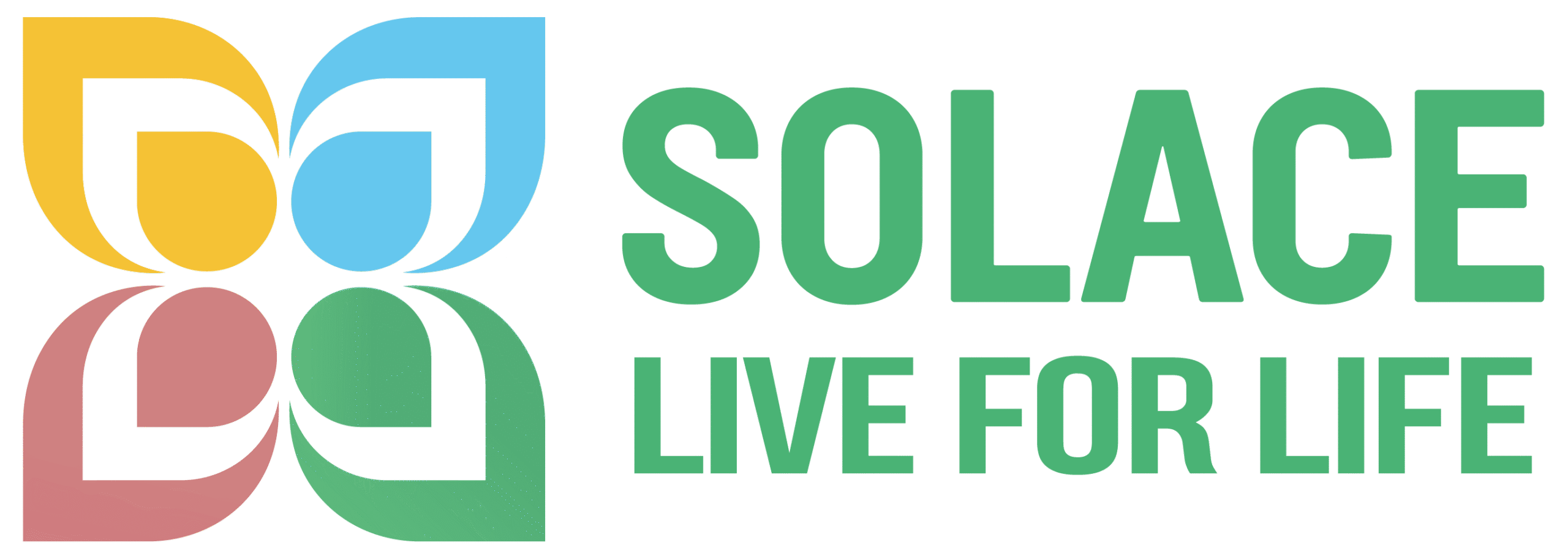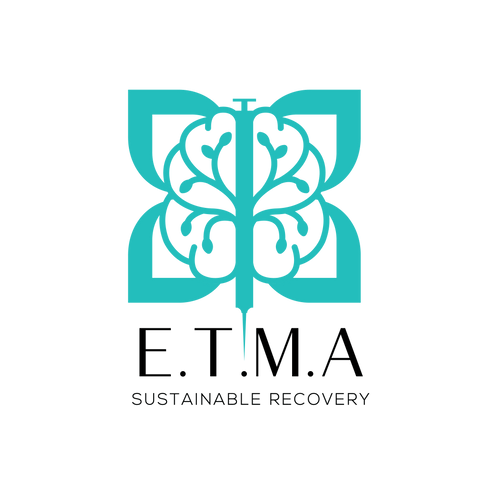Dual Diagnosis
Addiction is a dual edged sword.
Dual diagnosis is a term used to describe people with mental illness who have coexisting problems with drugs and/or alcohol. The relationship between the two is complex, and the treatment of people with co-occurring substance abuse (or substance dependence) and mental illness is more complicated than the treatment of either condition alone. This is unfortunately a common situation—many people with mental illness have ongoing substance abuse problems, and many people who abuse drugs and alcohol also experience mental illness.
Certain groups of people with mental illness (e.g., males, individuals of lower socioeconomic status, military veterans and people with more general medical illnesses) are at increased risk of abusing drugs such as marijuana, opiates, cocaine and other stimulants, and alcohol. Recent scientific studies have suggested that nearly one-third of people with all mental illnesses and approximately one-half of people with severe mental illnesses (including bipolar disorder and schizophrenia) also experience substance abuse. Conversely, more than one-third of all alcohol abusers and more than one-half of all drug abusers are also battling mental illness.
The relationship between mental illness and substance abuse or dependency is complex. These relationships are often considered in the following ways:
Drugs and alcohol can be a form of self-medication. In such cases, people with mental illness may have untreated—or incompletely treated—conditions (such as anxiety or depression) that may “feel less painful” when the person is high on drugs or alcohol. Unfortunately, while drugs and alcohol may feel good in the moment, abuse of these substances doesn’t treat the underlying condition and—almost without exception—makes it worse.
Drugs and alcohol can worsen underlying mental illnesses. This can happen both during acute intoxication (e.g., a person with depression becomes suicidal in the context of drinking alcohol) and during withdrawal from a substance (e.g., a person with panic attacks experiences worsening symptoms during heroin withdrawal).
Drugs and alcohol can cause a person without mental illness to experience the onset of symptoms for the first time. For example, a twenty-year old college student who begins to hear threatening voices inside of his head and becomes paranoid that his chemistry professor is poisoning his food after smoking marijuana could represent a reaction to the drug (potentially called a “substance-induced psychosis”) or the first episode of psychosis for this individual.
Medications
Medication is a useful tool for treating a variety of mental illnesses. Depending on the mental health symptoms a person is experiencing, different mental health medications may play an important role one’s recovery.
Certain medications are also helpful for people experiencing substance abuse. These medications are used to help ease withdrawal symptoms or promote recovery. Medications to ease withdrawal are used during the detoxification process. They produce similar effects in the body as certain addictive drugs.
Psychotherapy
Psychotherapy is almost always a large part of an effective dual diagnosis treatment plan. Education on a person’s illness and how their beliefs and behaviors influence their thoughts has been shown in countless studies to improve the symptoms of both mental illness and substance abuse.
Cognitive behavioural therapy (CBT) in particular is effective in helping people with dual diagnosis learn how to cope and to change ineffective patterns of thinking.

